NSW corporate landowners could be taxed to capture increased ‘value’ from Metro West
Developers and businesses whose land would skyrocket in value if Metro West is built could be taxed more to recover costs of the massive project and to help fund more infrastructure.
NSW
Don't miss out on the headlines from NSW. Followed categories will be added to My News.
Developers and businesses whose land would skyrocket in value if Metro West is built could be taxed more to recover costs of the massive project and to help fund more infrastructure.
The Daily Telegraph can reveal that the NSW government is considering imposing “value capture” rules on corporate landowners along the proposed Metro line from the CBD to Parramatta, in what would be a first for the state.
With land around the new Metro stations set to be rezoned for greater density, the Minns government is considering how to pass some of the windfall created for landowners back to taxpayers while allowing new homes to be built.
“An investment of this scale must have as one of its aims the provision of more housing,” Treasurer Daniel Mookhey told the Telegraph.
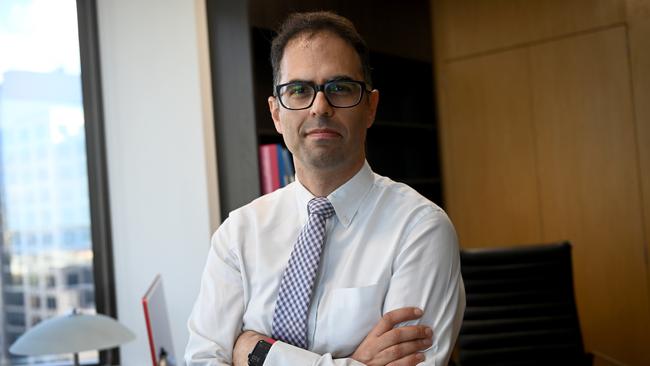
“It should not be aimed at delivering a windfall gain to landholders.
“The public would expect some of the project’s return to then be directed towards further transport projects.”
Any increases in tax would not kick in until after the Metro line is built, which could be as late as the mid-2030s.
While value capture is on the table for developers and corporate landowners, increasing taxes to capture value from owner-occupiers is currently not among the options being considered by the state government.
Under the value capture scheme – which is used overseas including in Singapore – companies cop higher taxes if their land increases in value due to public infrastructure works.
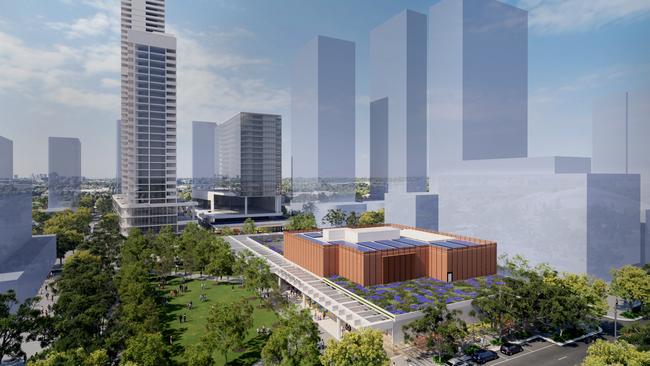
The government is also considering letting the private sector chip in funds to help build new stations, similar to a deal struck with Macquarie Group to build the Martin Place Metro station.
Both options are on the table as the government desperately tries to make the cost of the $25 billion Metro West project stack up.
Premier Chris Minns is still refusing to reveal the future of the major transport project but on Monday told 2GB that money from the private sector could be used to make Metro West “more viable”.
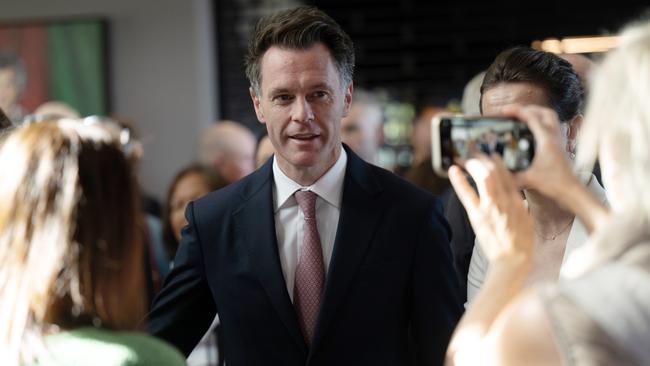
Mr Minns has also suggested extra stations may be needed to be added to make the project stack up.
The idea of private companies covering some of the costs of Metro stations was backed yesterday by Billbergia developer Rick Graf, who first proposed a privately-built Metro line in 2015.
Mr Graf said he and other landowners are prepared to pay hundreds of millions of dollars to help build a Metro station at Camellia, near Rosehill.
He said that adding a metro stop at Camellia and then increasing the density of the area could deliver tens of thousands of new homes.
He said he has been in talks with the government for years about developers funding part of a new station on the proviso that the land is rezoned to allow for bigger developments.
“We are prepared to make a significant cash contribution commensurate with the level of uplift that would be provided by the densification around that Metro stop,” he said.
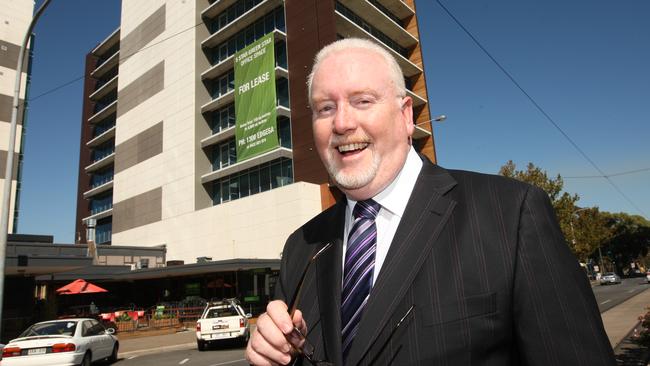
“For a station costing in the order of half a billion dollars, we’d be able to contribute at least half of that contribution,” he said.
He said levelling a surcharge on developers whose land is uplifted is “probably not such a bad idea,” but said it would need to be charged “equitably” across all stations.
Urban Taskforce CEO Tom Forrest warned that taxing developers more based on the increase in land value is “fraught with potential for legal nightmare” because of potential disagreements in valuations.
He said it would be “sensible” to charge developers some contribution for infrastructure if that infrastructure substantially increases height density.
However, he said a “negotiated outcome” was better than increasing taxes on the basis of land value.
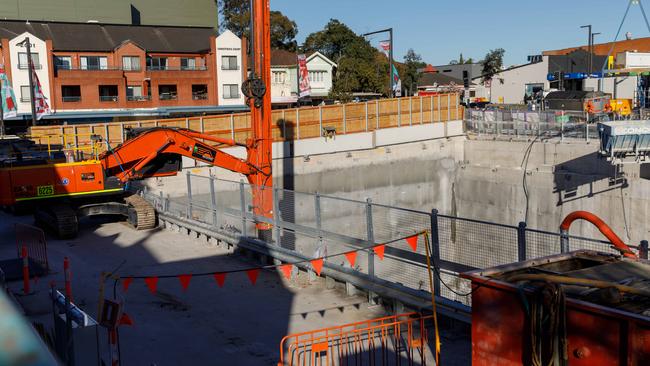
“The more clarity, the more certainty upfront, the better the system,” he said.
“I would prefer that for each area located around a transport precinct there was a known levy to be applied, because that enables the developer community to plan their feasibility for development with certainty,” he said.
In a statement, a Lendlease spokeswoman said that the developer is awaiting the government’s review into the “much needed” Metro West.
“Metro West provides an opportunity to deliver greater connectivity for a growing population and provide a catalyst for urban renewal and more housing near transport hubs,” she said.
Committee for Sydney CEO Eamon Waterford said a “mix of funding mechanisms” would help make the Metro viable.
“Because a new train station drives a big increase in value ... it makes sense for government to extract some value to invest,” he said.




